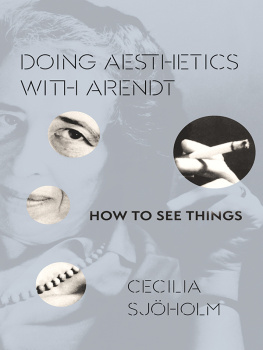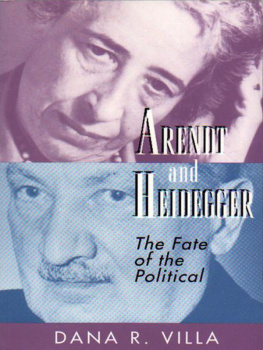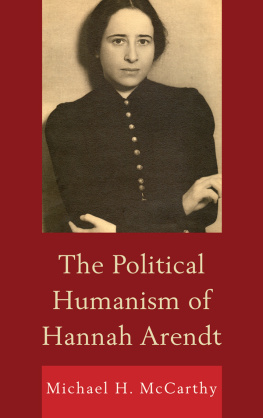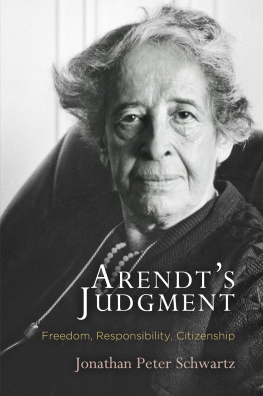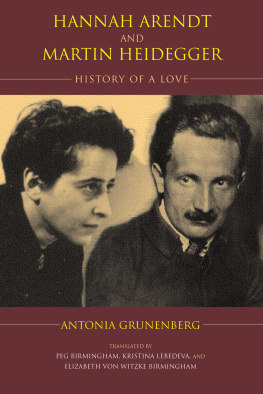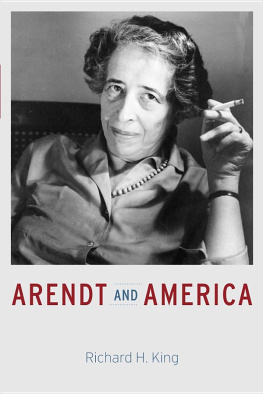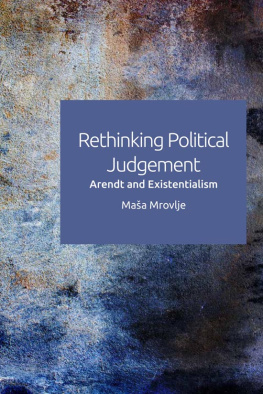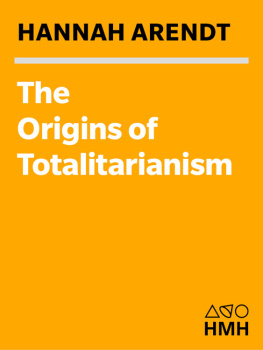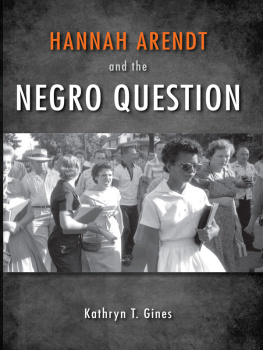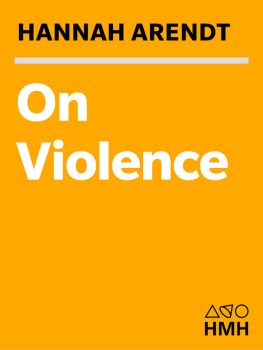The Crisis of Meaning and the Life-World
SERIES IN CONTINENTAL THOUGHT
Editorial Board
Ted Toadvine, Chairman, University of Oregon
Michael Barber, Saint Louis University
Elizabeth A. Behnke, Study Project in Phenomenology of the Body
David Carr, Emory University
James Dodd, New School University
Lester Embree, Florida Atlantic University
Sara Heinmaa, University of Jyvskyl, University of Helsinki
Jos Huertas-Jourda, Wilfrid Laurier University
Joseph J. Kockelmans, Pennsylvania State University
William R. McKenna, Miami University
Algis Mickunas, Ohio University
J. N. Mohanty, Temple University
Dermot Moran, University College Dublin
Thomas Nenon, University of Memphis
Rosemary Rizo-Patron de Lerner, Pontificia Universidad Catlica del Per, Lima
Thomas M. Seebohm, Johannes Gutenberg Universitt, Mainz
Gail Soffer, Rome, Italy
Elizabeth Strker, Universitt Kln
Nicolas de Warren, Katholieke Universiteit Leuven
Richard M. Zaner, Vanderbilt University
International Advisory Board
Suzanne Bachelard, Universit de Paris
Rudolf Boehm, Rijksuniversiteit Gent
Albert Borgmann, University of Montana
Amedeo Giorgi, Saybrook Institute
Richard Grathoff, Universitt Bielefeld
Samuel Ijsseling, Husserl-Archief te Leuven
Alphonso Lingis, Pennsylvania State University
Werner Marx, Albert-Ludwigs Universitt, Freiburg
David Rasmussen, Boston College
John Sallis, Boston College
John Scanlon, Duquesne University
Hugh J. Silverman, State University of New York, Stony Brook
Carlo Sini, Universit di Milano
Jacques Taminiaux, Louvain-la-Neuve
D. Lawrence Wieder
Dallas Willard, University of Southern California
The Crisis of Meaning and the Life-World
Husserl, Heidegger, Arendt, Patoka
LUBICA UNK
OHIO UNIVERSITY PRESS
ATHENS
Ohio University Press, Athens, Ohio 45701
ohioswallow.com
2016 by Ohio University Press
All rights reserved
To obtain permission to quote, reprint, or otherwise reproduce or distribute material from Ohio University Press publications, please contact our rights and permissions department at (740) 593-1154 or (740) 593-4536 (fax).
Printed in the United States of America
Ohio University Press books are printed on acid-free paper 
26 25 24 23 22 21 20 19 18 17 16 5 4 3 2 1
Library of Congress Cataloging-in-Publication Data
Names: Unk, Lubica, author.
Title: The crisis of meaning and the life-world : Husserl, Heidegger, Arendt, Patoka / Lubica Unk.
Description: Athens, Ohio : Ohio University Press, 2016. | Series: Series in Continental thought ; No. 49 | Includes bibliographical references and index.
Identifiers: LCCN 2016040550| ISBN 9780821422489 (hc : alk. paper) | ISBN 9780821445884 (pdf)
Subjects: LCSH: Husserl, Edmund, 18591938. Krisis der europischen Wissenschaften und die transzendentale Phnomenologie. | Husserl, Edmund, 18591938Influence. | SciencePhilosophy. | HistoryPhilosophy. |
Phenomenology. | Heidegger, Martin, 18891976 | Arendt, Hannah, 19061975. | Patoka, Jan, 19071977.
Classification: LCC B3279.H93 K739 2016 | DDC 193dc23
LC record available at https://lccn.loc.gov/2016040550
To Lenka, without whom this book would never have been conceived, although I doubt she knows it.
CONTENTS
Edmund Husserl
Martin Heidegger
Hannah Arendt
Jan Patoka
ACKNOWLEDGMENTS
Philosophy begins with wonder, as Plato and Aristotle taught us. This book began with my own wondering, which led me to search for the meaning of the notion of crisis in the title of Husserls book The Crisis of European Sciences. I followed many paths, some of which I shared with my students in philosophy at Murdoch University. They taught me a lot and helped me to clarify some of the complicated issues we encountered together. They also taught me that one can speak about Husserls and Heideggers ideas without being entangled in their language; and, in turn, I keep teaching them to use simple, but not simplistic, language, which helps a lot in clarifying ones own thinking. They are too many to name. I thank them all.
I owe a lot to Ivan Chvatk and to our many conversations, which help me to understand Jan Patoka.
For scholarly input, those who deserve my gratitude are also too many to name. Apologies to those I have forgotten. It was a long journey. I would like to thank, especially, Erika Abrams, Ingo Farin, Jan Frei, Chris Grant, Ludger Hagedorn, Pavel Kouba, Jeff Malpas, Dermot Moran, Steve Schofield, Ciaran Summerton, Laka vandov, Lucy Tatman, and Anita Williams.
I gratefully acknowledge the support of the Australian Research Council for the 20102012 research project, Judgment, Responsibility, and the Life-World; and two Fellowships of the Academy of Sciences of the Czech Republic for Foreign Specialists Engaged in Bohemistic Studies, supporting my research in the Jan Patoka Archives in Prague (AugustSeptember 2007 and SeptemberOctober 2010). I have also benefited from the support of Murdoch University, Australia; the Jan Patoka Archives at the Center for Theoretical Study at Charles University in Prague; and the Institute of Philosophy at the Academy of Sciences of the Czech Republic.
I would like to express my gratitude to anonymous readers of the manuscript. I would also like to thank Darja Zoubkov and Hana Matyskov, from the secretariat of the Center for Theoretical Study in Prague, for all their help when I worked at the archives; and to Urszula Dawkins for her patience with copyediting the manuscripts, while reining in my Slavic spirit whenever it wanted to produce novel forms of English.
For early guidance and continuing support, I wish to give a special thanks to Claire Colebrook and Horst Ruthrof. They have done much to help with my thinking. Last, I want to thank my daughter, Lenka, for her critical insights, and her tolerance, help, and love.
INTRODUCTION
BACK TO THE THINGS THEMSELVES?
In our opinion, Heideggers philosophy provided some extremely important prerequisites for a complete rethinking of phenomenology, chiefly inasmuch as it brought to light unnoticed ontological presuppositions in Husserls phenomenology. As however Heideggers own philosophy took a turn that allowed the theme of appearing as such to be dealt with exclusively in connection with the renewal of the problem of Being, Husserls problems have since then never been taken up again, though they do not seem to have been simply settled and done with but, on the contrary, rather to have deepened through new inquiries.
Jan Patoka
This book started as a puzzlement related to the title of Edmund Husserls book The Crisis of European Sciences and Transcendental Phenomenology: An Introduction to Phenomenological Philosophy.
This book, then, is the continuation of a debate both with Husserl and against him. Husserl presented his thinking about the life-world (Lebenswelt) in lectures in Vienna (7 and 10 May 1935) and Prague (1215 November 1935); eventually the Prague lectures were posthumously published as Crisis. There are two interrelated issues. One is the question of meaning; hence the title of Husserls work, which could be formulated as the crisis of meaning. The other is the trajectory of how the modern conception of nature came about. These issues are related, but they do not overlap in the consideration of the thinkers whom this book presents.
This problem can, of course, be traced back to the beginning of philosophy in ancient Greece, and could be expressed, paraphrasing Patoka and harking back to Pascal, in this way: How can we procure meaning from this mute, scientifically conjured-up universe, which is indifferent to our lived experience of the world; which is indifferent to what makes us human?
Next page

